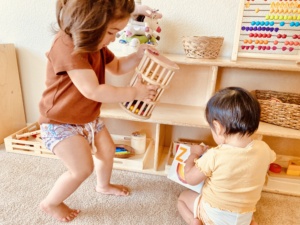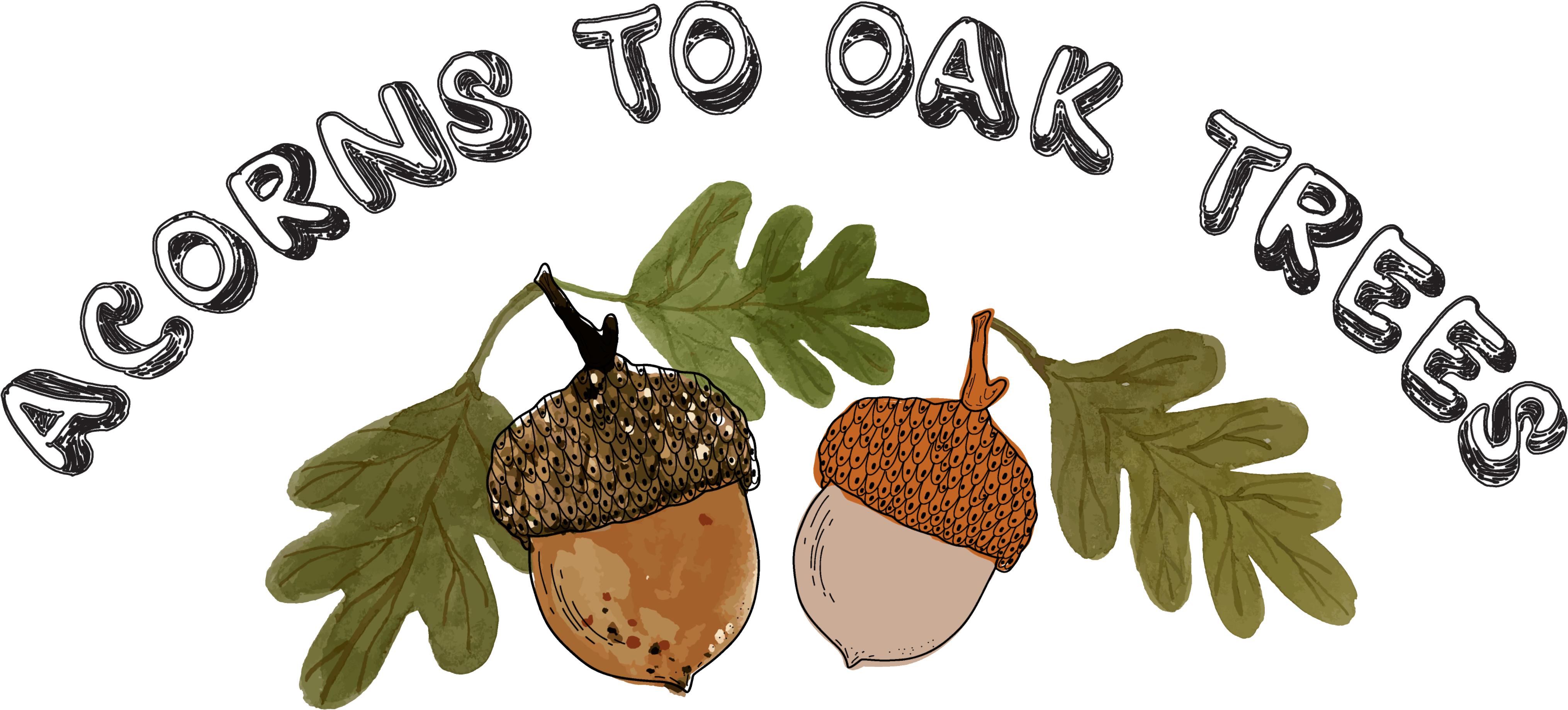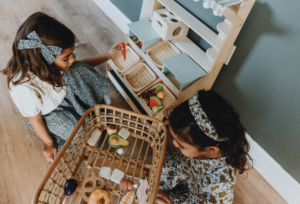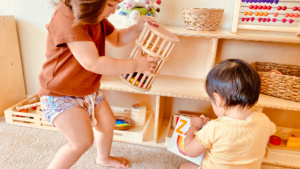Play Therapy
Build Trust & Self-Esteem
 What is Play Therapy?
What is Play Therapy?
Play therapy is a structured, theoretically based approach to therapy that builds on the normal communicative and learning process of children (Carmichael, 2006; Landreth, 2002; O’Connor 7 Schaefer, 1983). Play is essential to human growth, development, learning, and cultivating relationships.
Play is our first language. Just as adults use words to communicate, children use play. When playing, we express thoughts and feelings that might otherwise remain hidden. Play therapy is utilized to help children cope with difficult emotions and find solutions to problems. (Moustakes, 1997; Reddy, files-Hall & Schaefer, 2005).
Play is a natural process that:
- Builds trust and mastery
- Fosters learning and acceptable behaviors
- Regulates emotions
- Reduces anxieties
- Encourages open communication
- Elevates spirit and self-esteem
- Play therapy allows children to change the way they think about, feel towards and resolve their concerns (Kaugares & Russ, 2001)
Research supports the effectiveness of play therapy with children experiencing a wide range of social, emotional, behavioral and learning problems, including: life stressors, such as divorce, death, relocation, hospitalization, chronic illness, assimilate stressful experiences, physical and sexual abuse, domestic violence and natural disasters (Reddy, Files-Hall & Schaefer, 2005).



